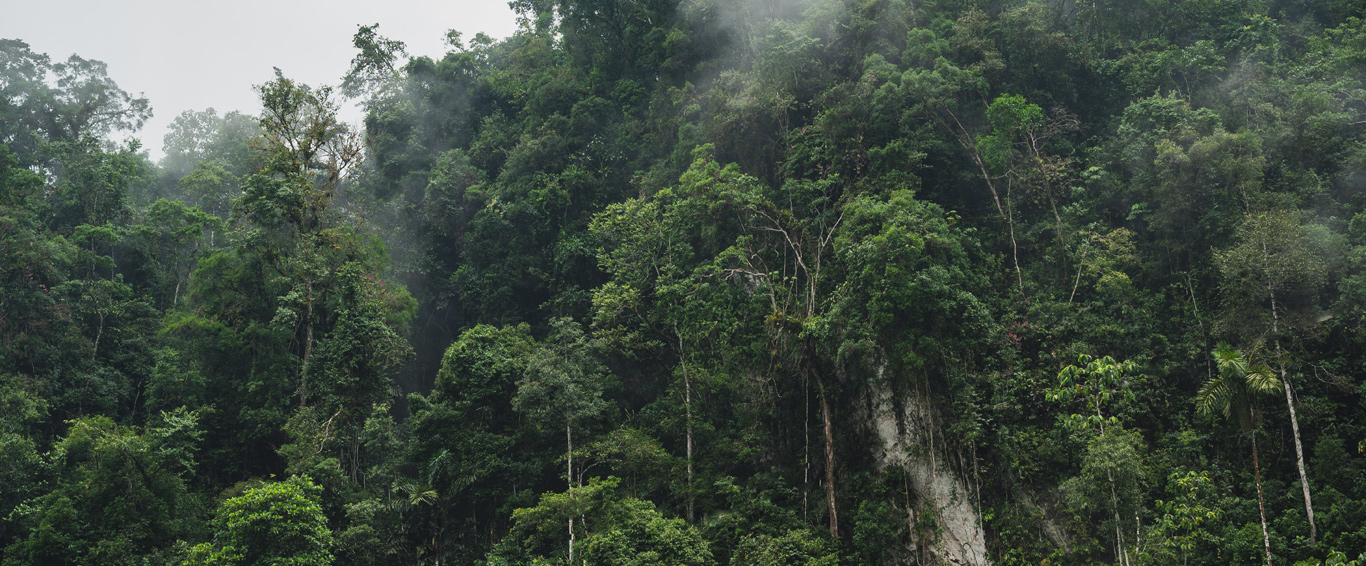

The urgent climate crisis requires an accelerated model of change to slow and reverse deforestation. We recognize that only national or state governments, or “jurisdictions,” have the regulatory powers and legitimacy with local communities to make the necessary difference. This is why Emergent focuses on large-scale mobilization of finance for jurisdictional-level REDD+ programs. Working across jurisdictions, we activate the funding to enable these programs to protect a minimum of 2.5 million hectares of forest.
The jurisdictional approach is a radical evolution in the fight against deforestation. It doesn’t just look at a small piece of the landscape, but takes a holistic approach to the whole region and incorporates all projects where private actors can work together with every stakeholder group including public donors, governments, communities such as Indigenous areas, agricultural producers, and civil society. Jurisdictional-level REDD+ programs secures social and environmental safeguards, drives ever-decreasing deforestation and ensures that proceeds from credit sales furthers emissions reductions.